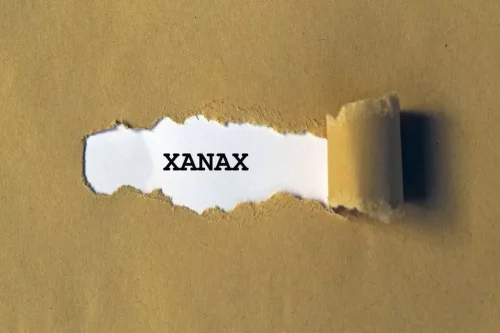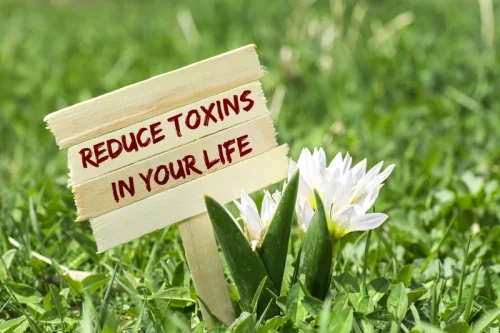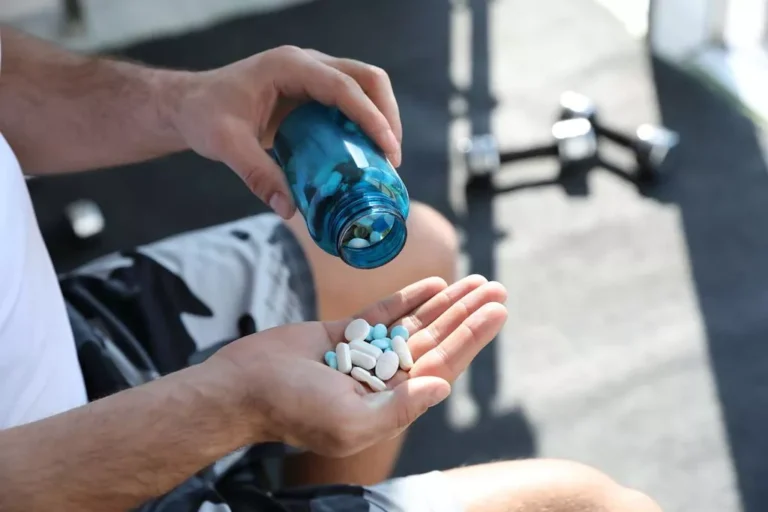
This healthy type of cholesterol helps protect your arteries and prevent the blood clots that can lead to heart attacks and strokes. Too much alcohol can contribute to many diseases of organs such as the liver, heart, and pancreas and is a factor in developing heart disease. Consuming more than two servings of alcohol every day can increase the risk of developing blood clots. Combining alcohol and blood thinner medications like warfarin may cause you to bleed more easily. Anticoagulant blood thinners target various proteins in the coagulation cascade. These medications are used for treating red clots, like deep vein thrombosis and pulmonary embolism, as well as preventing strokes in atrial fibrillation and mechanical heart valves.

Fact vs. Fiction: Alcohol and Blood Thinness

Cirrhosis, on the other hand, is irreversible and can lead to liver failure and liver cancer, even if you abstain from alcohol. If alcohol continues to accumulate in your system, it can destroy cells and, eventually, damage your organs. And that’s on top of the toll that alcohol use can take on relationships, not to mention the potential for financial strain and legal troubles. Even if you have a normally functioning liver and kidneys, alcohol can limit your liver’s ability to metabolize other compounds. Alcohol might also slow down the rate at which your body breaks down and removes the blood-thinning drug.
Is it safe to drink alcohol while taking blood thinners?
When a person drinks excessively for long periods, their risk for a stroke increases. Another reason for the increase in blood pressure and heart rate is how alcohol affects hormones, specifically the stress hormone known as cortisol. Cortisol is released when a person feels physical or psychological stress so that they are prepared for a threat to their well-being. This physiological response primes a person to be alert and ready to act. Alcohol can cause an increased release of cortisol and, in turn, higher blood pressure and a faster heartbeat. The effects of alcohol consumption on the blood are either short-term or long-term.
- Some people are born with a condition where their blood clots more easily than in other people.
- Diabetes is a chronic condition that you are either born with or develop over time that affects the way your body processes the food you eat.
- These factors can significantly influence how alcohol affects the circulatory system.
- Combining these drugs with antiplatelet or anticoagulant drugs may also increase your bleeding chance.
When to Call Your Doctor

Blood thinners are medications that treat and prevent blood clots. Blood clots are semi-solid clumps of red blood cells, platelets, fibrin (a type of protein), and other proteins. Take prescription and over-the-counter medications with caution when you’re using blood thinners. Many medications can increase your chance of bleeding excessively if you take them with blood thinning medications. Some medications work by thinning the blood to keep blood cells from sticking together in the veins and arteries. Others prevent blood clots by increasing the amount of time it takes for blood clots to form.
- Cortisol is released when a person feels physical or psychological stress so that they are prepared for a threat to their well-being.
- Let your doctor know right away if you experience any signs of bleeding problems.
- Doctors often prescribe anticoagulants to people who have been diagnosed with some form of heart disease.
- A 2017 review explains that alcohol consumption has complex and varying effects on platelets, which are small blood cells that initiate the coagulation cascade, causing blood to clot.
- Always consult with healthcare professionals for personalized advice and guidance based on individual circumstances.
- However, this doesn’t mean you can’t exercise or live your day-to-day life.
How to manage side effects
This can lead to the same harmful effect of excessive anticoagulation. Because research suggests that alcohol may thin the blood, people need to avoid consuming any before undergoing surgery. If you have lab testing done, your healthcare provider will talk to you about the results and what they mean for you. These medications must be taken exactly as directed to work safely and effectively. Taking too little of these medications might not be effective and taking too much can lead to serious bleeding.

- These are known as anticoagulant and antiplatelet drugs, respectively.
- Short-term effects happen to occur during or directly after consuming alcohol, and long-term effects are driven by excessive use over an extended period of time.
- Speak with a healthcare professional about the benefits and risks.
- With continued alcohol use, steatotic liver disease can lead to liver fibrosis.
Dr. Harb Harb is a non-invasive cardiologist working within the Northwell Health System in New York, specifically at the North Shore University Hospital, affiliated with Hofstra University. Dr. Harb moved to New York City, choosing a career path in academic medicine as an assistant professor at the Donald and Barbara Zucker School of Medicine at Hofstra/Northwell. There, he teaches and works with blood thinners and alcohol cardiovascular and medical trainees as well as medical students. He is a Fellow of the American College of Cardiology (FACC) and American board-certified in general cardiology, echocardiography, and stress-testing, and nuclear cardiology. Lastly, he obtained graduate education in public health and business administration to contribute to national healthcare reform research and implementation.



